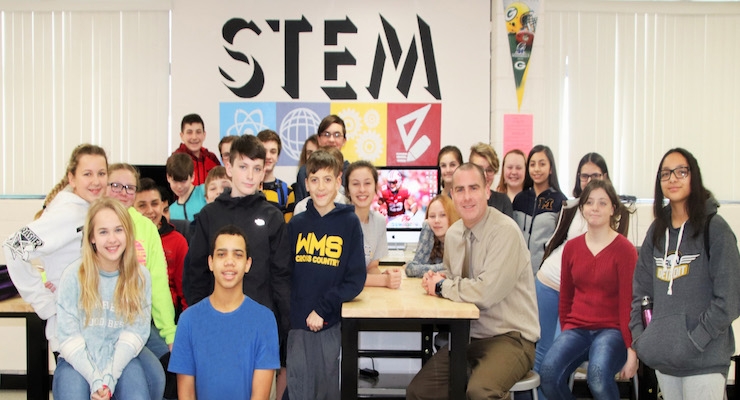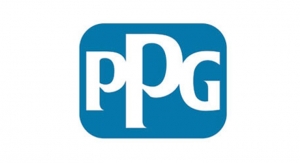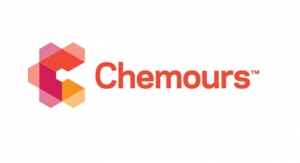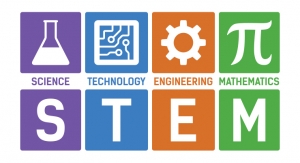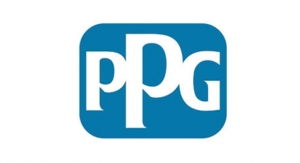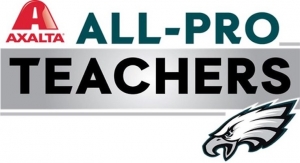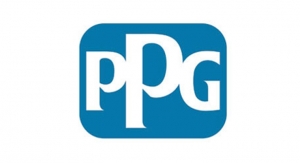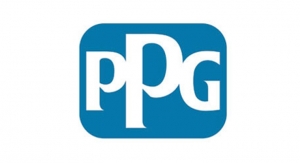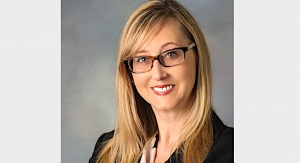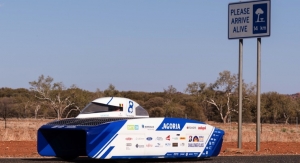03.06.18
BASF recently contributed $9,000 to the Wyandotte (Mich.) Public School system to support the purchase of classroom materials for science, technology, engineering and math (STEM) programs for students in grades K-12.
Students in teacher Greg Brovont’s sixth to eighth grade STEM classrooms at Wilson Middle School are some of the many students who will benefit from BASF’s donation. According to Brovont, students work on several projects throughout the year that focus on the STEM processes. As part of the curriculum, they test project variables to learn what works and what doesn’t, which helps them develop ideas, revise methods, and perfect project designs.
“I consider myself very lucky to teach such a wonderful and fun subject,” Brovont said. “BASF’s very generous donation allows us to continue exposing children to exciting and cutting-edge subjects and potential STEM careers.”
Brovont has already seen Wilson students flourish in the STEM program when, in 2016, a team from the school won “Best in State” and “Fan Favorite” in a competition for their development of a Protect our Parks (POP) app. The app allows users to send photos to park owners to report graffiti and needed repairs. Each student was rewarded with a computer tablet and the school received a grant for their STEM program.
“STEM fields are important disciplines that engage and help students develop skills to problem solve and innovate,” said Greg Pflum, VP and GM of BASF’s Midwest Hub. “Because of this, it’s important we provide the support needed for students to potentially succeed in these challenging fields, while also assisting STEM teachers whenever we can.”
“Through BASF’s support and contribution, our students will have increased opportunities to use advanced technology to help prepare for a possible STEM career,” said Dr. Catherine Cost, Wyandotte Public Schools superintendent.
Students in teacher Greg Brovont’s sixth to eighth grade STEM classrooms at Wilson Middle School are some of the many students who will benefit from BASF’s donation. According to Brovont, students work on several projects throughout the year that focus on the STEM processes. As part of the curriculum, they test project variables to learn what works and what doesn’t, which helps them develop ideas, revise methods, and perfect project designs.
“I consider myself very lucky to teach such a wonderful and fun subject,” Brovont said. “BASF’s very generous donation allows us to continue exposing children to exciting and cutting-edge subjects and potential STEM careers.”
Brovont has already seen Wilson students flourish in the STEM program when, in 2016, a team from the school won “Best in State” and “Fan Favorite” in a competition for their development of a Protect our Parks (POP) app. The app allows users to send photos to park owners to report graffiti and needed repairs. Each student was rewarded with a computer tablet and the school received a grant for their STEM program.
“STEM fields are important disciplines that engage and help students develop skills to problem solve and innovate,” said Greg Pflum, VP and GM of BASF’s Midwest Hub. “Because of this, it’s important we provide the support needed for students to potentially succeed in these challenging fields, while also assisting STEM teachers whenever we can.”
“Through BASF’s support and contribution, our students will have increased opportunities to use advanced technology to help prepare for a possible STEM career,” said Dr. Catherine Cost, Wyandotte Public Schools superintendent.

